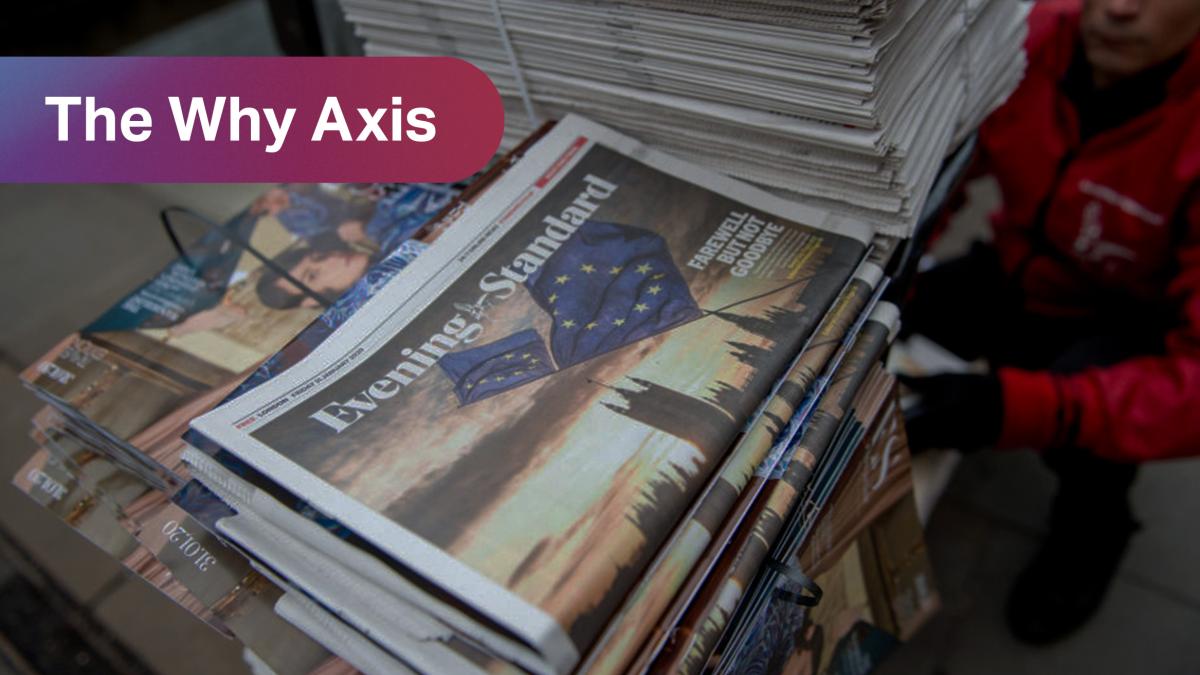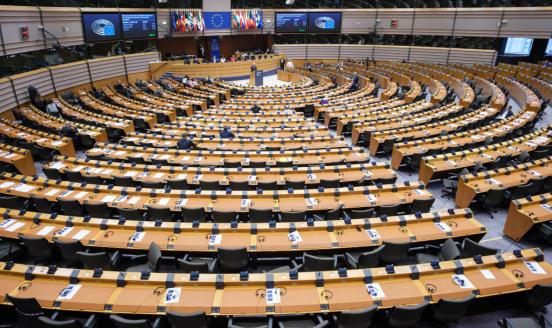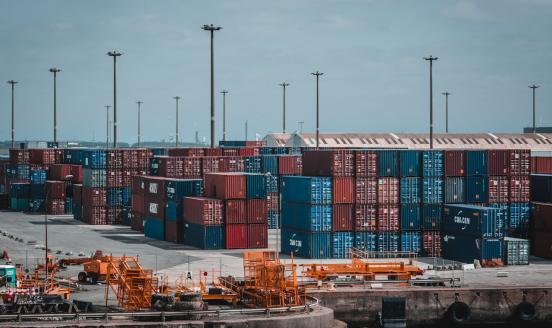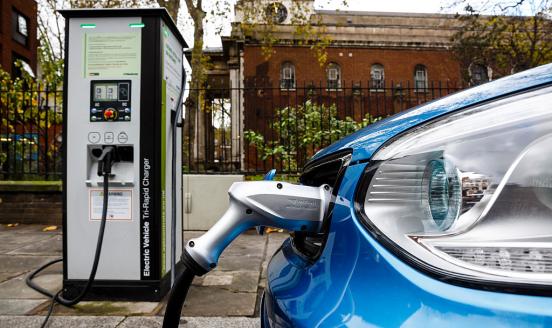Should Europe put extra tariffs on Chinese electric vehicles?


Chinese exports of electric vehicles (EVs) are surging and the European Union is investigating whether they have been supported by undue government subsidies. If such support were to be found, the EU could impose extra tariffs on these EVs. But should it do so?
Some who oppose such tariffs argue that the economic cost of Chinese retaliation could exceed any benefits and that slowing down imports of cheap Chinese EVs could slow down the green transition. Others think that the EU should implement similar measures to the US and all but ban Chinese EV technology from the EU market.
However, this dichotomy neither reflects European interests nor the choice at hand. The goal of these extra tariffs would not be to ban Chinese EVs but to nullify the effect of government subsidies. Chinese car manufacturers would still be able to export to the EU and compete on commercial grounds. But they would be denied an unfair advantage vis-à-vis manufacturers from the EU and other emerging markets.
China’s new strategy to deal with geopolitical headwinds and its domestic economic problems seems to double down on state support for industries of strategic importance. This will put more and more state supported Chinese exports in direct competition with the EU and in sectors of traditional strength for Europe. At this juncture, it is imperative that the EU stands up for its commercial interests. Otherwise, we should not be surprised if China assumes European acquiescence in its mercantilist plans.
The Why Axis is a weekly newsletter distributed by Bruegel, bringing you the latest research on European economic policy.



